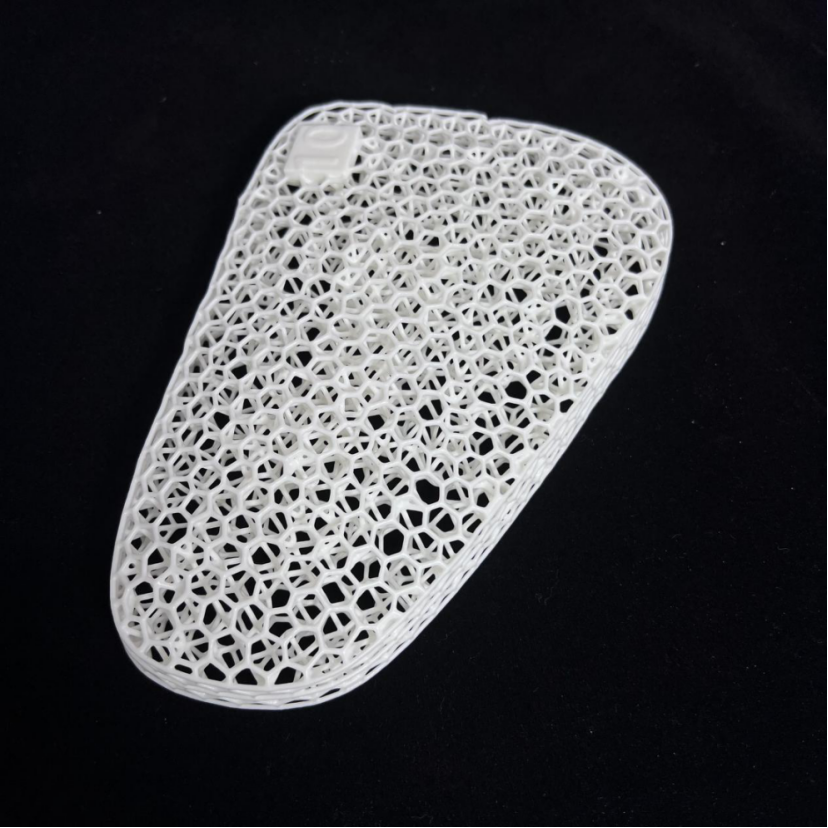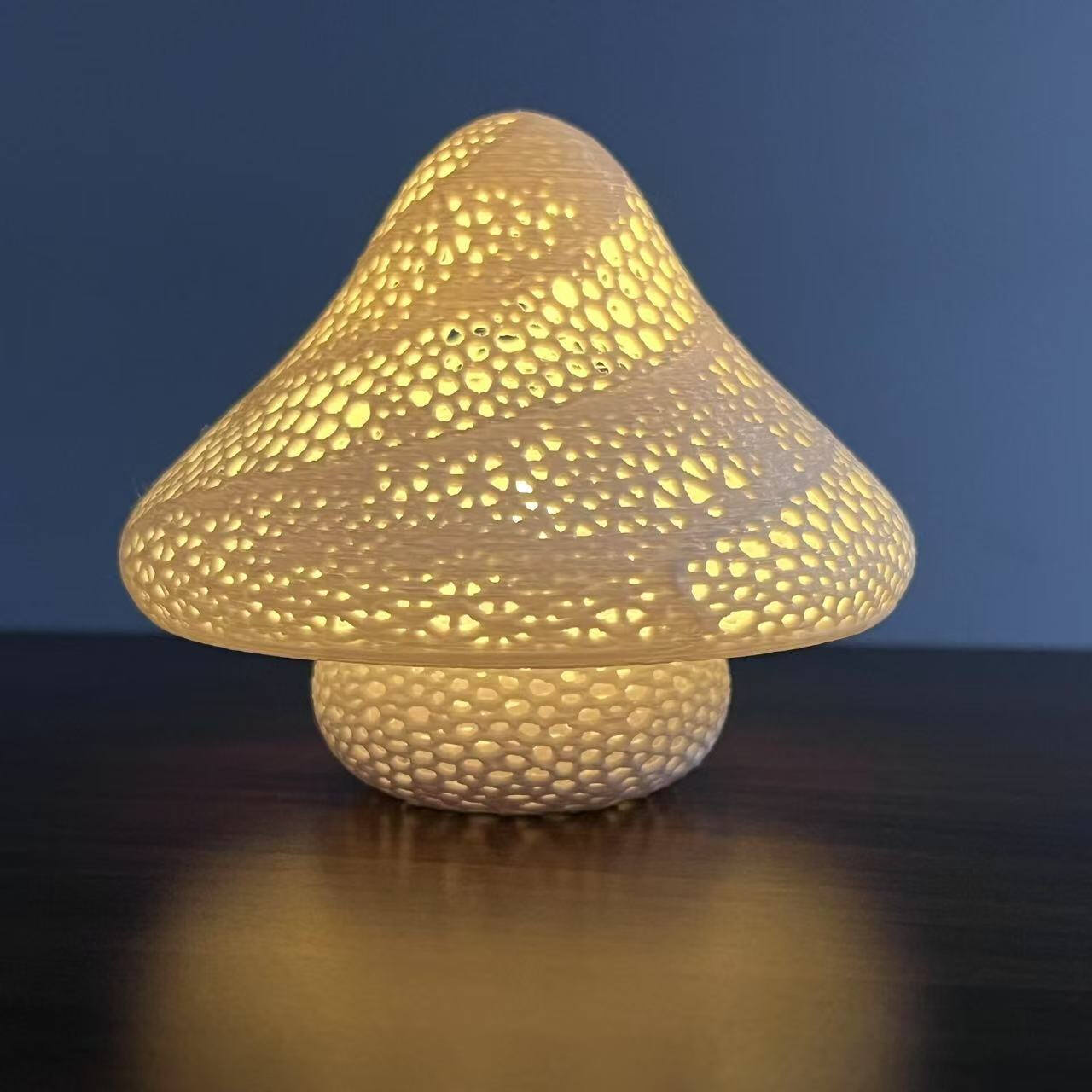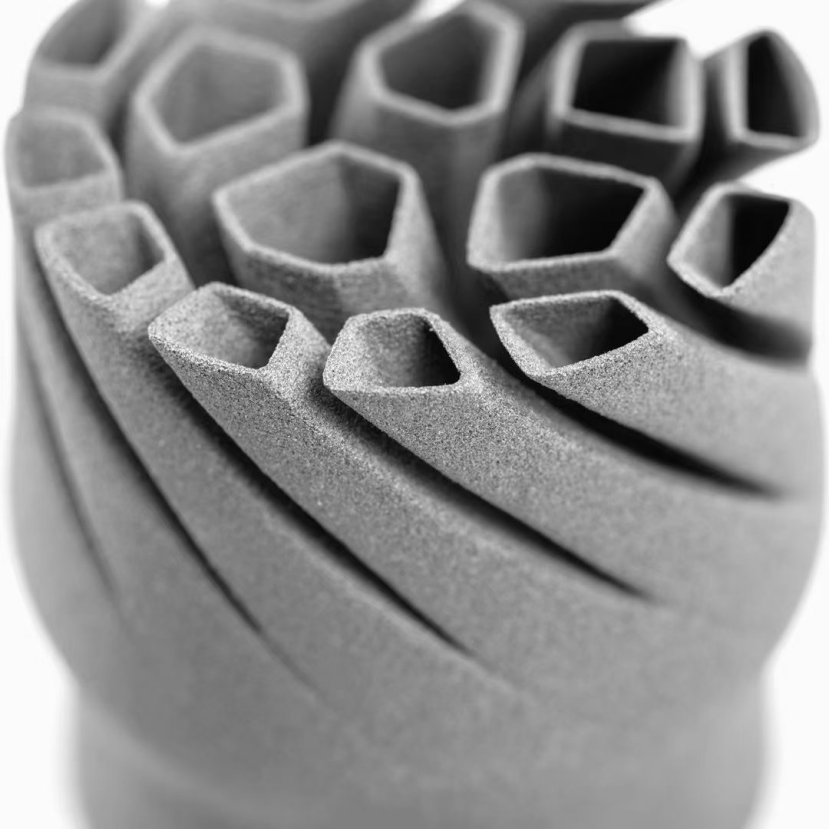custom parts fabrication
Custom parts fabrication represents a sophisticated manufacturing approach that enables the production of unique components tailored to specific requirements. This process encompasses various techniques including CNC machining, 3D printing, injection molding, and precision engineering to create parts that meet exact specifications. The technology combines advanced computer-aided design (CAD) software with state-of-the-art manufacturing equipment to ensure precision and repeatability in production. These systems can produce components from a wide range of materials, including metals, plastics, composites, and ceramics, making them versatile for different applications. The fabrication process begins with detailed design specifications, followed by material selection, prototype development, and quality testing to ensure compliance with industry standards. This methodology is particularly valuable in industries such as aerospace, automotive, medical devices, and industrial machinery, where standard off-the-shelf components may not meet specialized requirements. The ability to customize dimensions, materials, and specifications allows for optimization of part performance, weight reduction, and cost efficiency in production runs of any size.


